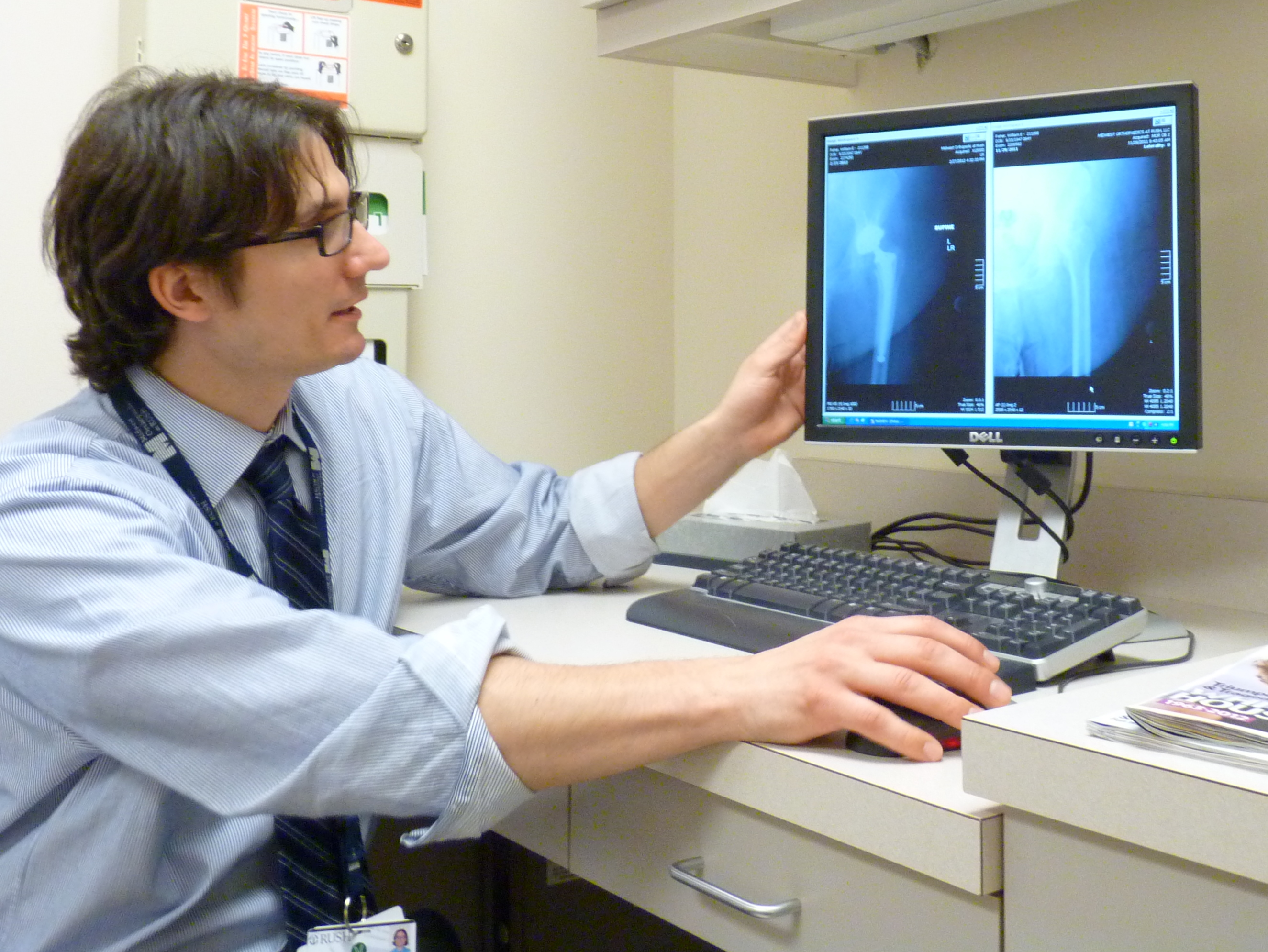The National Institute of Standards and Technology (NIST) released a practice guide on how health care providers can share patient information securely through mobile devices. The guide is the first in a series dedicated to the development of advanced cybersecurity for all organizations.
Tablets and smartphones are already integrated in the health professions, as 87% of physicians report using a tablet or smartphone in the workplace. Physicians can exchange patient information, submit medical claims, access electronic records, and e-prescribe through mobile devices. In general, the use of mobile devices for these tasks is efficient and less susceptible to error.
However, the use of tablets and smart phones for secure health information carries significant risk. Vital patient information could be leaked if the device were lost or stolen, or if a patient sent data through insecure cellular networks. Without developed authentication or data encryption, patients face the threat of “medical identity theft,” disastrous for both their own health and the success of their provider.
NIST guide seeks to mitigate risks through explicit instructions and hypothetical scenarios. The guide will take comments from the public until Sept. 25, 2015.
Article via Ice Miller Strategies LLC, August 6, 2015
Photo: Man at work–physician assistant via yooperann [Creative Commons Attribution-NonCommercial-NoDerivs]


